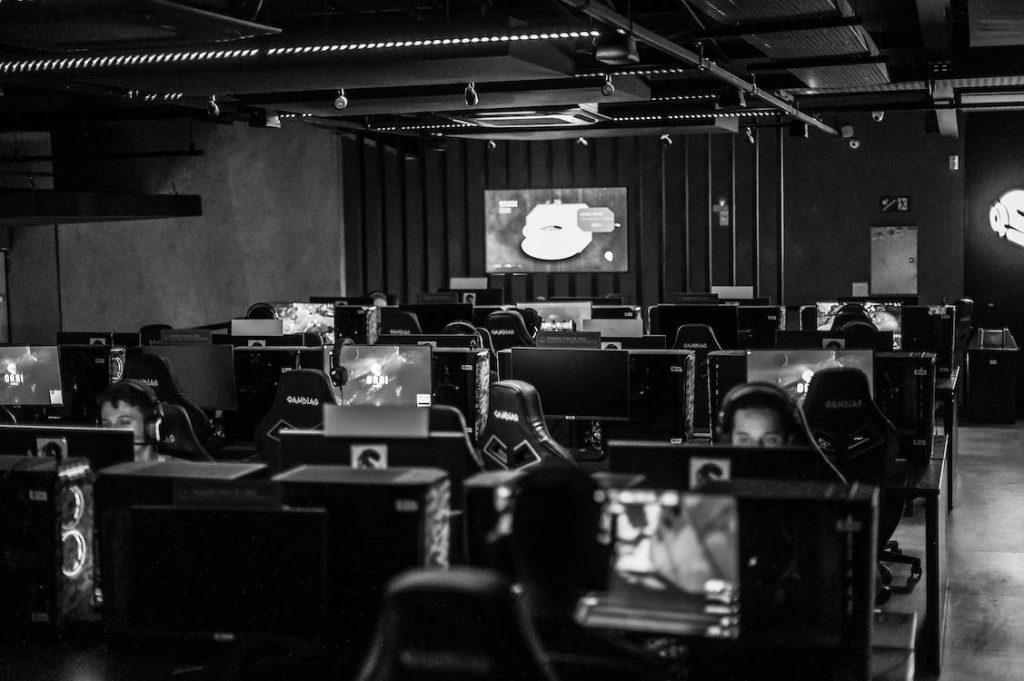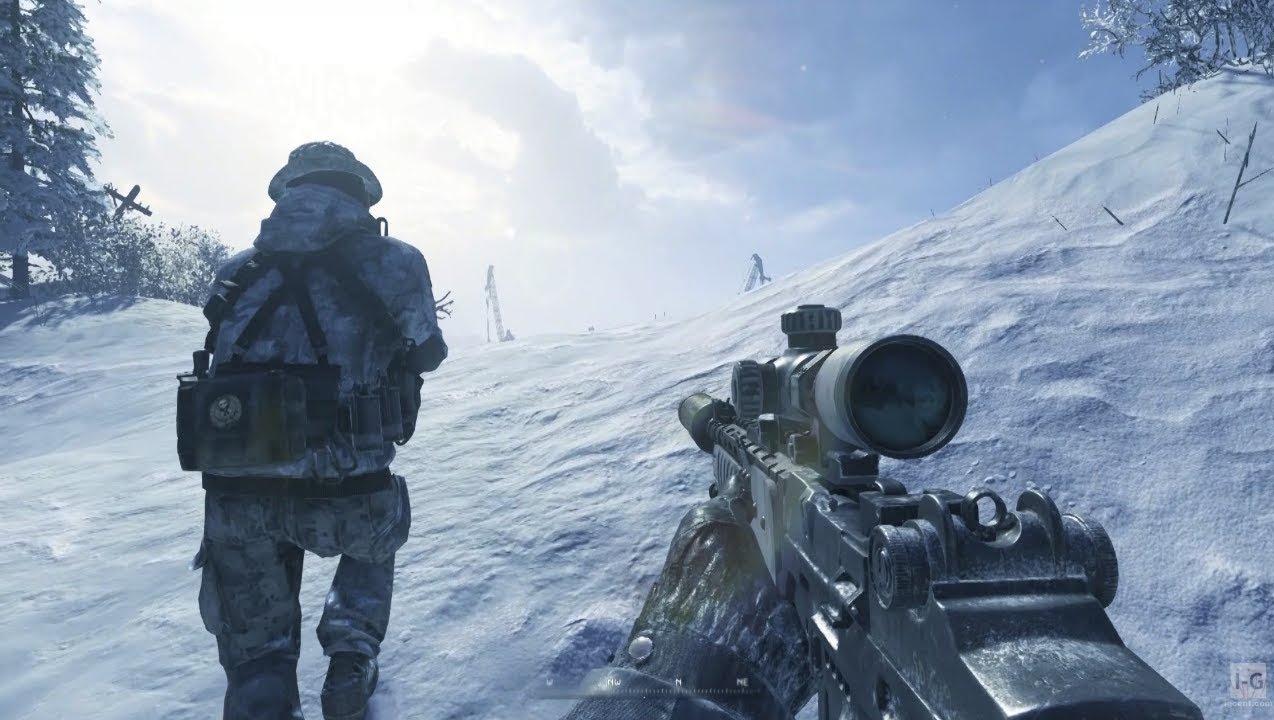
It’s time for esports to step up mod support
Video game modifications have long been one of the big parts of the competitive gaming world. In the modern era, however, revolutionary game mods are increasingly being held back by decisions made by publishers and developers.
Though their arguments have some merit, for the sake of players and driving the gaming world forward, maybe mods should have some time in the sun.
The decline of gaming mods
Around the turn of the new millennium, the internet started to bring competitive gaming to the worldwide stage. Titles like Quake 3 and Warcraft 3 sold millions of units and reached international attention, serving as the basis for generations of gaming to come. Developed as online titles, these games were also highly flexible, allowing players to mod many factors to create their own experiences.

Over time, as companies focused more on DRM and anti-cheat, the push to keep their games from being pirated or hacked meant that it became increasingly difficult for mods to be developed. As a result, what used to be a free and open environment became cloistered, with only very talented and experienced individuals able to create where former amateurs could freely tinker.
Some games, like Overwatch 1 and 2, would include in-game customization tools to make up for these restrictions, but these are far more limited than what used to be possible.
Entertainment is choice
No matter how much one developer loves the idea of a single standard experience, no one form of entertainment can appeal to everyone. Everyone has different tastes, and most of the entertainment market understands this. In online bingo, for example, the best websites offer players a wide range of versions. Variants alongside the regular, like Rainbow Riches, Flash, and Cash Cubes, meaning nobody has to miss out if they prefer alterations to the main formula.
There’s also the fact that developers often overlook parts of gameplay that an imaginative player base doesn’t. This is why the indie space has been so impressive in recent years, where the little guys get time to shine.
A little hypocrisy
One of the funniest things about a lack of modding support in contemporary esports titles is that the most prominent esports games started as mods. Counter-Strike began as a mod for Half-Life. The original Defence of the Ancients launched the entire MOBA genre and started as a mod for Warcraft 3. PUBG, which popularised battle royale, began its life as an ARMA mod.
Even Overwatch 2 borrows from Team Fortress 2, which has its origins in modding. Valorant, which takes from Overwatch and Counter-Strike, again exists downstream of the modding landscape. In other words, esports was built on mods, and by cutting down on modding support, developers are crippling their ability to profit from potential future genre-defining hits.
The truth is that, in the current gaming environment, we don’t expect modding to ever return to where it once was. As great as that would be, AAA gaming has changed to a point where modding freedom is no longer on the cards for most. So while some diehard developers might push for mod support, they’ve got an uphill battle against them, though at least they can rest assured that players have their backs.
Recommended

Can a VPN really lower your game ping? Myths vs. reality
Do you really need it?

MrBeast takes action on Ava controversy, responds to allegations
MrBeast has launched a private probe.








